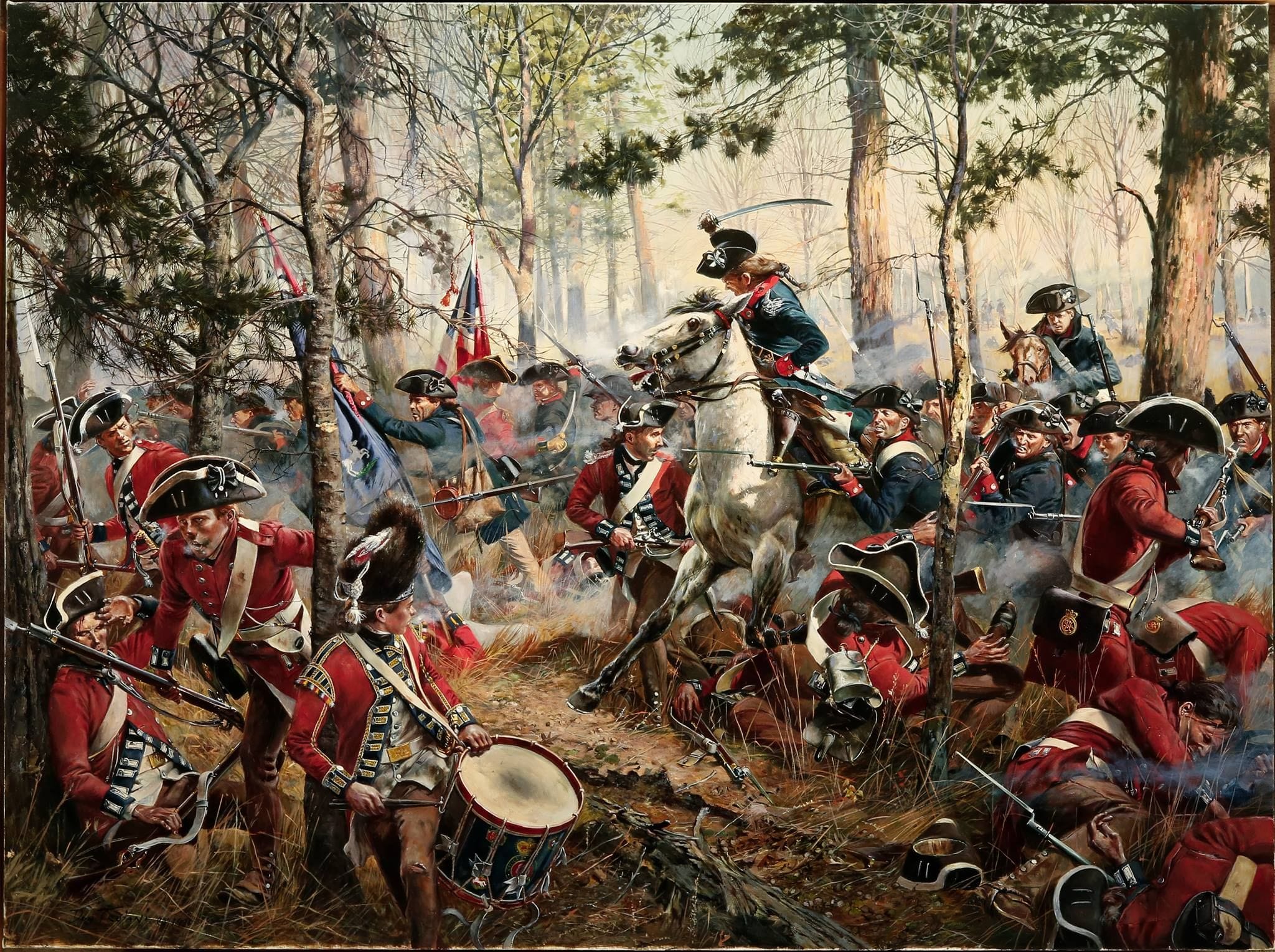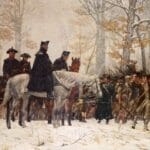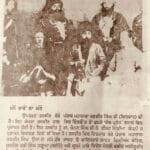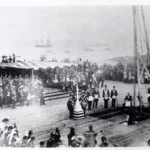In the heart of the American Revolution, amidst the clamor of battle and the pronouncements of liberty, there labored a force as essential as any regiment of soldiers: the Quartermaster Department. While generals strategized and soldiers fought, these unsung heroes navigated a tumultuous landscape of shortages and enemy threats to ensure the Continental Army had the means to secure freedom. Their story, often relegated to the margins of history, stands as a testament to the unwavering resolve that fueled the American cause and serves as a reminder that victory in war depends upon far more than courage on the battlefield.
The Unsung Architects of Victory
The American Revolution, an era often romanticized for its grand ideals and fierce battles, often overlooks the crucial role played by the Quartermaster Department. Established by the Continental Congress on June 16, 1775, just two days after the formation of the Continental Army, the Quartermaster Department, with its vast responsibilities, proved instrumental from the very outset of the conflict.
Imagine, if you will, the sheer scale of their task. The Quartermaster Department was entrusted with procuring everything from muskets and cannon to tents and blankets, ensuring that a fledgling army could take the field against a powerful empire. They were, in essence, the logistical backbone of the Revolution, responsible for supplying an army born from revolution. This meant not only obtaining supplies, often scarce and exorbitantly priced, but transporting them across a vast and untamed land, all the while contending with British blockades, unpredictable weather, and the constant threat of enemy raids.
Supplying a Revolution: The Quartermaster’s Burden
The Quartermaster General, appointed by General Washington himself, oversaw this Herculean effort. Thomas Mifflin, a prominent Philadelphia merchant with a keen understanding of logistics, was the first to hold this crucial position, appointed on August 14, 1775. His successor, the legendary General Nathanael Greene, brought invaluable battlefield experience to the role, further demonstrating the strategic importance of the department.
But the Quartermaster Department was far more than just a single man, however influential he might be. This crucial department relied upon a vast network of deputies, clerks, wagon masters, and laborers, each playing a vital role in the intricate dance of supplying an army. These individuals, often working in the shadows of more celebrated figures, were the unsung heroes who kept the Continental Army supplied and on the move.
Their responsibilities were as diverse as they were daunting. Procurement, the lifeblood of the department, required a keen understanding of markets, a network of reliable suppliers, and often, a healthy dose of persuasion. Transportation, a logistical nightmare in the 18th century, relied on a hodgepodge of horses, wagons, and waterways, each presenting its own set of challenges. And finally, storage and distribution, often overlooked but equally crucial, demanded meticulous organization and a deep understanding of the army’s ever-changing needs.
Overcoming Obstacles: Ingenuity and Sacrifice
The challenges faced by the Quartermaster Department were immense. Funding shortages were a constant concern, as the fledgling nation struggled to finance its war effort. Inadequate infrastructure, a defining characteristic of the American colonies, turned even the shortest journeys into logistical nightmares. And hovering over every supply route, like a predator stalking its prey, was the ever-present threat of the British Navy, eager to intercept vital supplies and cripple the rebellion.
Those interested in the trials and tribulations of the accused during this tumultuous period may want to explore the culture of inquisition in medieval England, a dark chapter in English history that left an enduring legacy on the country’s legal system and social fabric.
Yet, despite these seemingly insurmountable obstacles, the Quartermaster Department persevered. Theirs is a testament to American ingenuity, determination, and unwavering commitment to the cause of liberty. These unsung heroes, through their tireless efforts, ensured that the Continental Army could march, fight, and ultimately triumph.
A Legacy Etched in Victory
The legacy of the Revolutionary War Quartermaster Department extends far beyond the battlefields of the Revolution. By delving into muster rolls and pay records, researchers can uncover a treasure trove of information about the individuals who served, their ranks, and the complexities of the department’s operations. For example, the “Muster and pay rolls of the war of the revolution, 1775-1783” available at the Internet Archive offers a glimpse into the lives of these often-overlooked individuals.
These primary sources, coupled with correspondence and orders exchanged between Quartermasters, military leaders, and government officials, paint a vivid picture of the department’s inner workings, highlighting both the challenges they faced and the innovative solutions they devised.
The Quartermaster Department’s influence on the outcome of the American Revolution cannot be overstated. While historians and enthusiasts often focus on the battlefield exploits of legendary figures like Washington and Greene, it is crucial to remember that their victories hinged on the tireless efforts of countless individuals working behind the scenes. The Quartermaster Department, through its unwavering commitment to supplying the Continental Army, ensured that those on the front lines could fight another day.
Their story reminds us that the fight for liberty is waged not only on battlefields but also in the fields, workshops, and counting houses of a nation determined to be free. By shedding light on their often-overlooked contributions, we gain a deeper understanding of the true cost of revolution and the sacrifices made by ordinary individuals who, through their dedication, helped to forge a new nation.
- Discovering Gillsville, GA: Small-Town Charm and Artistic Heritage in the Georgia Foothills - November 22, 2024
- Who Was Grisela Blanco? The Real Story Behind Netflix’s Griselda - November 22, 2024
- Galesville, WI in Trempealeau County: A Small Town with Big Charm - November 22, 2024














